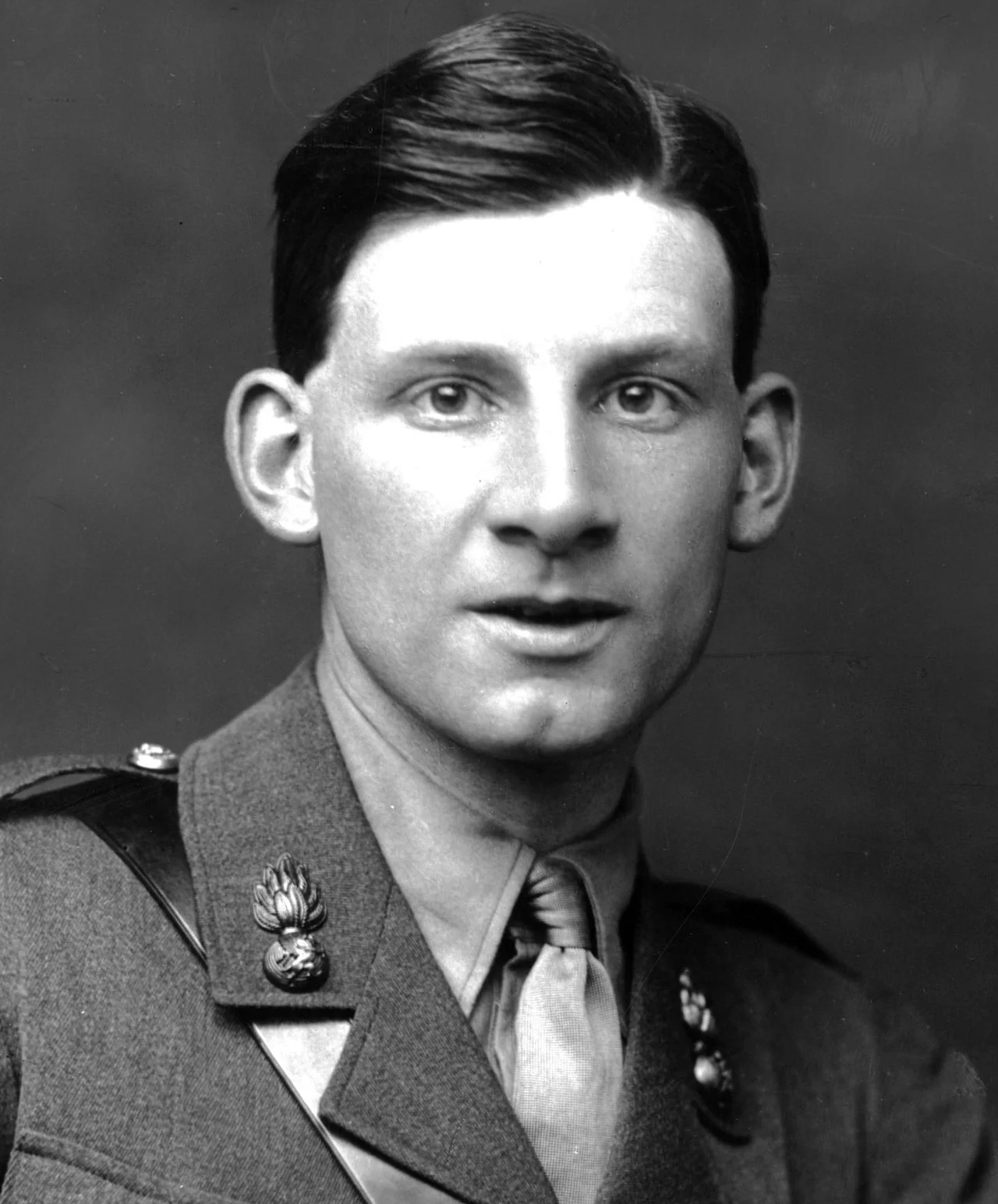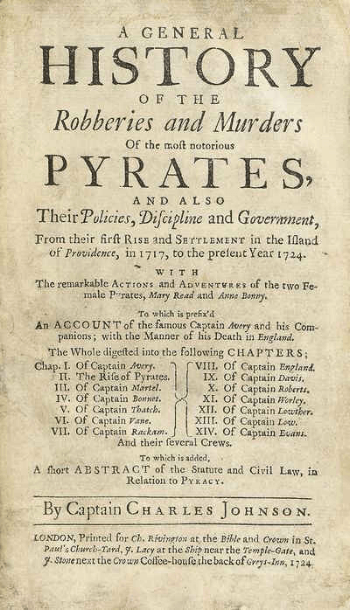In this episode of History is Gay, Leigh and guest host Aubree Calvin return to the story of Pauli Murray, an important African American lawyer, and activist who is finally getting the historical attention they deserve. In their time, Murray was a labor rights, civil rights, and women’s rights activist, and broke significant barriers all while facing sexism and racism. In addition to having a brilliant legal mind, they were a writer, poet, and priest, and had time to be friends with Eleanor Roosevelt. Pauli Murray should be in every U.S. History book in every K-12 school.
So, if Pauli Murray was so important to so many movements, why has history largely forgotten them? Leigh and Aubree try to answer that in this two-episode series. In this second part of our first-ever two-part episode, we look at what made Pauli queer, and try to get a handle, as best we can, on their gender identity.
We also get the opportunity to speak with amazing activist, lawyer, and reproductive justice advocate Preston Mitchum, previously Policy Director at URGE (Unite for Reproductive and Gender Equity) and current Director of Advocacy and Government Affairs at The Trevor Project, on his own personal history coming to Pauli Murray’s story, how they influenced him as a Black queer man, and continues to inspire and influence current and future generations of queer civil rights attorneys all across the country.
Preston can be found online at www.prestonmitchum.com, on Instagram @preston.mitchum, and on Twitter @prestonmitchum.
Our wonderful guest host for this episode, Aubree Calvin, can be found at www.aubreecalvin.com or on her podcast Southern Queeries. You can also hear Aubree in previous episodes, which you can check out by clicking here!
Outline
0:00 – Introduction
4:49 – Why Do We Think They’re Gay?
7:19 – Looking at Pauli’s Relationships
14:21 – How do we talk about Pauli’s gender?
36:17 – Interview with Preston Mitchum
1:12:16 –1:14:173 – TW: Discussion of sexual abuse, rape, and assault
1:16:40 – Pop Culture Tie-In
1:18:13 – How Gay Were They?
1:22:40 – Closing and Where to Find Us Online
For a full list of sources and bonus content, visit our Notes page!


























































